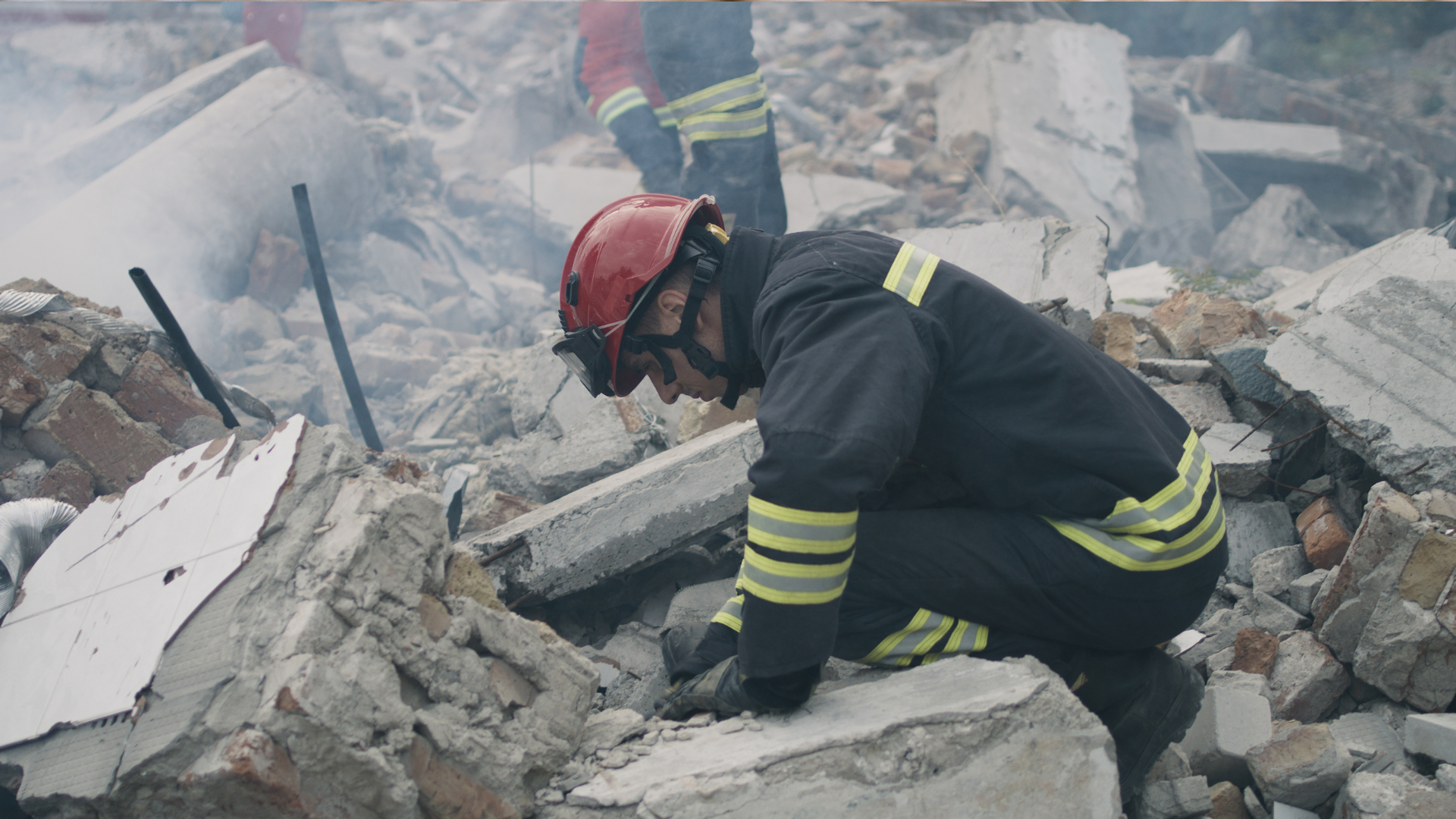
Since the adoption of the 2030 agenda for Sustainable Development in 2015, which serves as the roadmap for protecting the planet, addressing inequality and ending poverty, the world has faced several challenges with the most recent and probably the most significant being the COVID-19 pandemic. The pandemic however, importantly showed the interdependence of several of the 17 sustainable development goals (SDGs) in addressing the world’s most pressing challenges.
As the world looks to chart a new path for global health governance, it is important that global health security is not understood in a vacuum, but contextualized within larger systemic geopolitical, regional and national socio-economic challenges that may make the fulfilment of the stated health goals impossible. As COVID-19 showed, the world needs equitable access to lifesaving medication and basic necessities, and this access cannot be determined solely by political and economic might, leaving weaker countries at the mercy of aid and charity. To safeguard lives, significant investment must be made to meet SDG goals 8,9,11 and 12. These goals speak to the guarantee of decent work, which can be realized through the development of industry and the promotion of innovation and building of necessary infrastructure, which in turn can help build sustainable cities and communities. With these capabilities, weaker countries can attain the necessary innovation and production capacity to produce lifesaving products likes vaccines, ensuring faster access to these important interventions.
However, to do this, the nations of the world through the realization of SDG 17 must show commitment to partnership and international collaboration. This commitment will be achieved by supporting interventions in global health governance that enable technology transfer, Intellectual property waivers and equitable data sharing. As the world celebrates World Humanitarian Day, efforts at preparing for possible new global health crises must prioritize the protection of human life over profits and the protection of the power and interest of a few powerful state and non-state actors. If the world is to meet its SDG goals by 2030, models of aid of charity will not suffice in time to ensure that “no one is left behind”. Concerted effort will have to be made to shorten the time required to build capacity in states that have historically been recipients and not producers.
In the face of growing nativism and nationalism, the interconnectedness of our world is being pushed back against without sufficiently addressing the political, economic and climate-based factors leading to mass migration. Nations require peace to thrive, and it is on the foundation of peace that sustainable and resilient communities can be built. With international partnerships and local willpower, these communities can assure quality education, good health, food and water, which will in turn reduce poverty. The world must however be willing to enable and support interventions that allow weaker nations to ‘leapfrog’ over their current industrial limitations to be competitive partners on the world stage, capable of helping to meet global need for basic necessities, without waiting for the charity of a few powerful countries.

